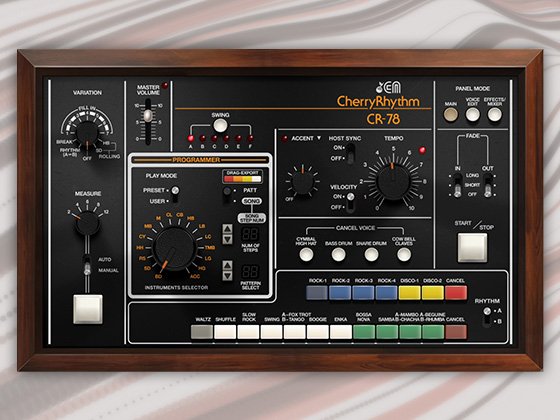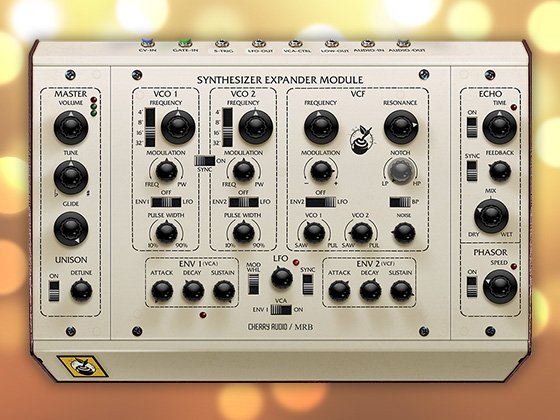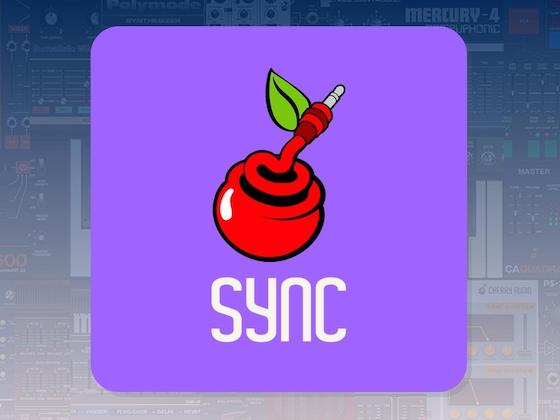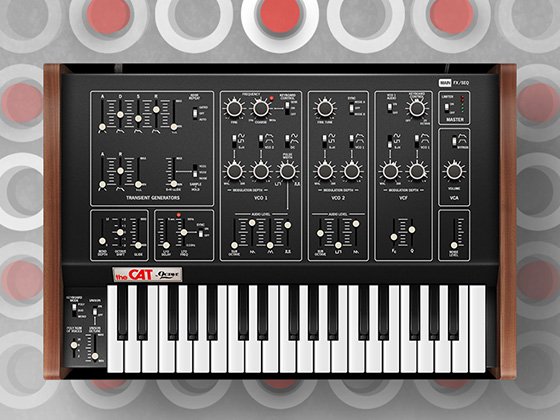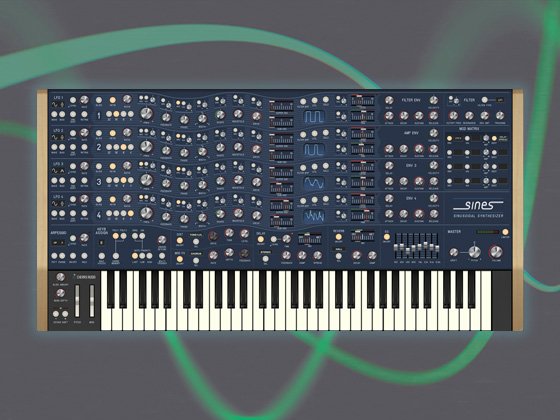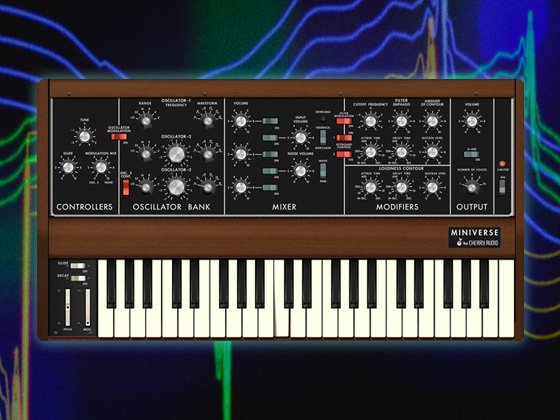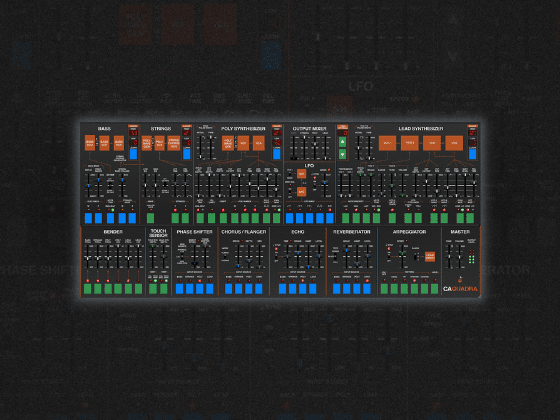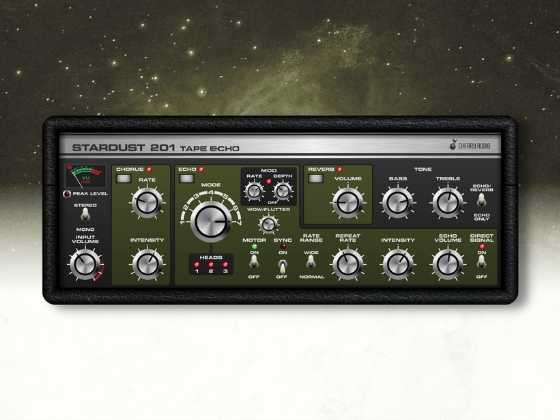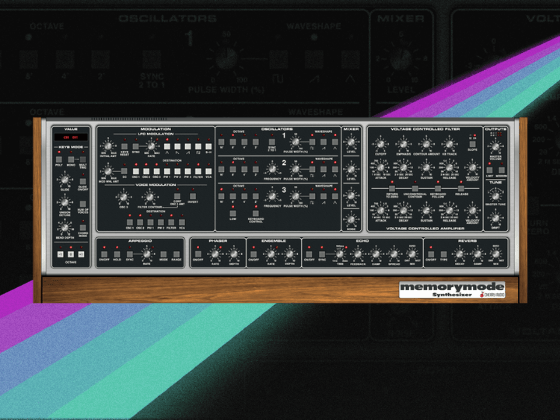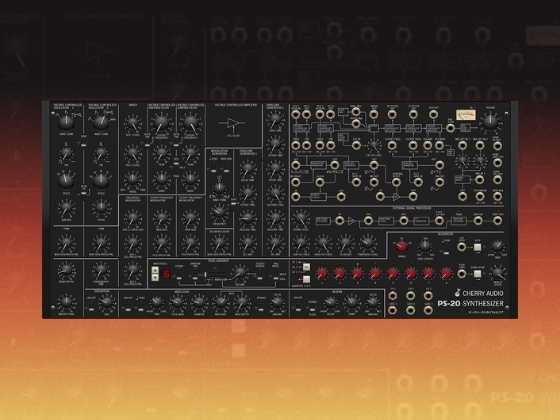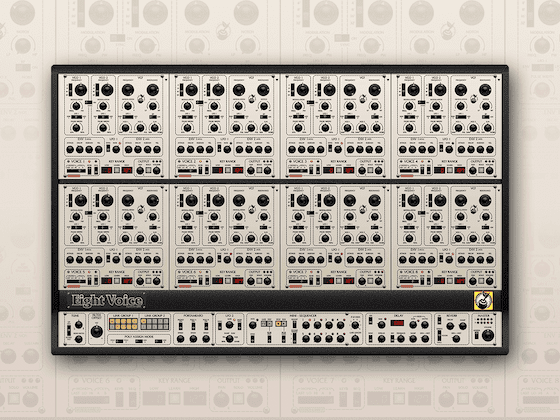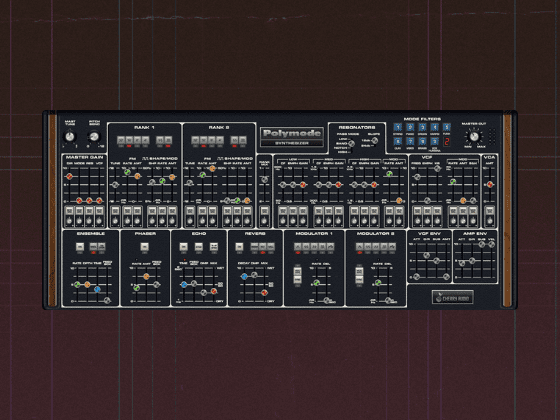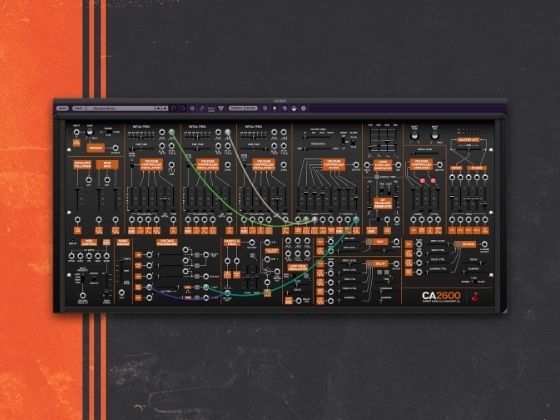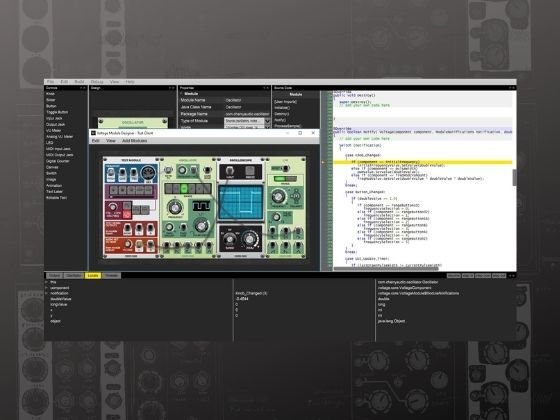$5.00
Clamp is a module intended to allow control of the minimum and maximum octaves of a 1v/oct signal. It can also be used on a standard voltage (CV) to apply limiting or clamping effects.
Maximum range: 0 to 99
Video Manual: https://www.youtube.com/watch?v=xwQOwu_AHH4
CONTROLS
-
+ / - - Increase or decrease the octave range. When lower range becomes greater than upper range, the values will swap. Likewise, when upper range becomes lesser than lower range, the values will swap.
-
soft / hard - Changes the clamping mode (see below for examles)
INPUTS
-
IN - The 1v/oct (or plain CV) signal to clamp
-
up / down - A jack that treats a trigger (> 4v) as equivalent to having pressed the "+" or "-" button
OUTPUTS
OUT: Clamped signal
HARD vs SOFT
Hard clamping is like a brick wall. It will take all values below the lower octave or above the upper octave, and conform them to the max.
All examples assume a lower octave of 2, and an upper octave of 3.
Hard Example #1:
- Input: 1.45v
- Output: 2.0v
Hard Example #2:
- Input: 2.5v
- Output: 2.5v
Hard Example #3:
- Input: 5.91v
- Output: 3.0v
Soft clamping will instead preserve the decimal portion of the original signal, while bringing the whole number into conformance with the upper and lower range. When used with a 1v/oct signal, this preserves the semitone value while enforcing a minimum and maximum octave range.
All examples assume a lower octave of 2, and an upper octave of 3.
Soft Example #1:
- Input: 1.45v
- Output: 2.45v
Soft Example #2:
- Input: 2.5v
- Output: 2.5v
Soft Example #3:
- Input: 5.91v
- Output: 3.91v
No reviews yet. Be the first to review this product!




























